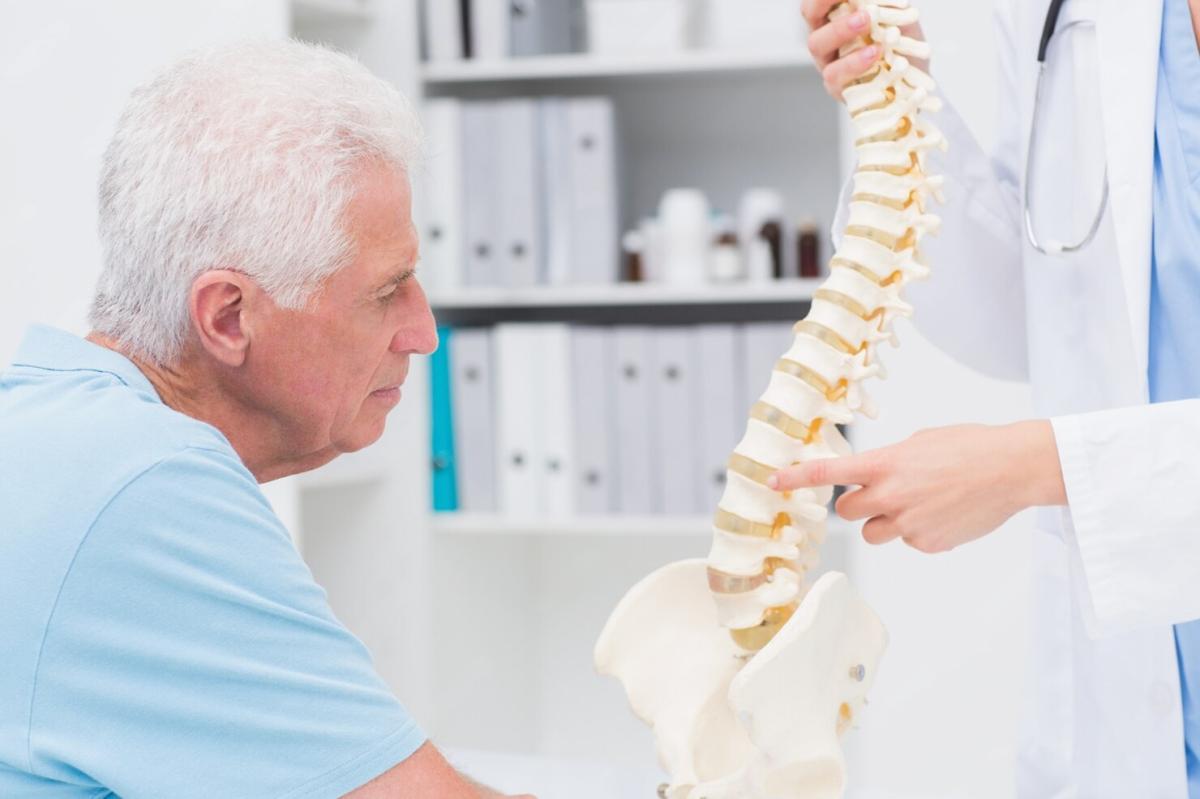
Spinal stenosis is a condition that occurs when the spaces within your spine narrow, putting pressure on the spinal cord and nerves. Most common in older adults, it can cause pain, numbness, weakness, and even difficulty walking. The good news is that with the right diagnosis and treatment, mobility and quality of life can be greatly improved. This blog explores spinal stenosis symptoms, causes, treatment options, and when to seek care from a specialist, such as a spinal surgeon in Chesterfield.
The term “stenosis” means narrowing. In spinal stenosis, the narrowing occurs in the spinal canal or nerve pathways, reducing space for the spinal cord and nerves. This pressure can cause discomfort and disrupt nerve function.
Spinal stenosis typically affects:
Lumbar Spine Stenosis (Lower Back):
See a doctor if you have:
Early evaluation from an experienced orthopedic surgeon Chesterfield can help prevent complications and ensure the right treatment plan.
Doctors may use:
1. Non-Surgical Treatments
2. Surgical Treatments
If non-surgical methods fail, surgery may be needed:
In complex cases, an orthopedic spinal surgeon Chesterfield provides advanced surgical care tailored to patient needs.
Spinal stenosis can be challenging, but it is manageable with the right approach. From lifestyle changes and therapy to advanced surgical options, effective care can help you stay mobile and reduce pain. If you suspect spinal stenosis, consult a trusted expert like a spinal surgeon Chesterfield, orthopedic surgeon Chesterfield, or orthopedic spinal surgeon Chesterfield for a personalized treatment plan.
At the SPINE Center, we are proud to provide advanced and innovative techniques for treating spinal stenosis. Our offerings include endoscopic spine surgery, which utilizes minimally invasive methods to relieve pressure on the spinal cord and nerves with precision. Additionally, we specialize in minimally invasive decompression procedures that help alleviate pain and restore function. We also offer interspinous stabilization using Coflex, a state-of-the-art solution designed to provide support and stability while allowing for natural spinal movement. Our commitment is to ensure the highest level of care and to enhance the quality of life for our patients.